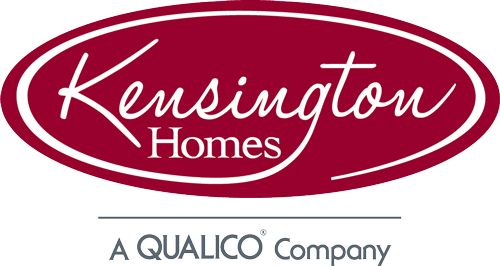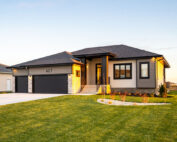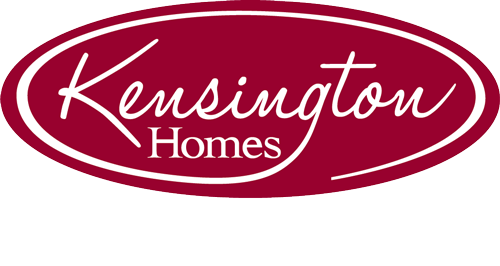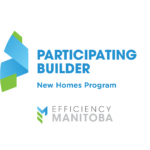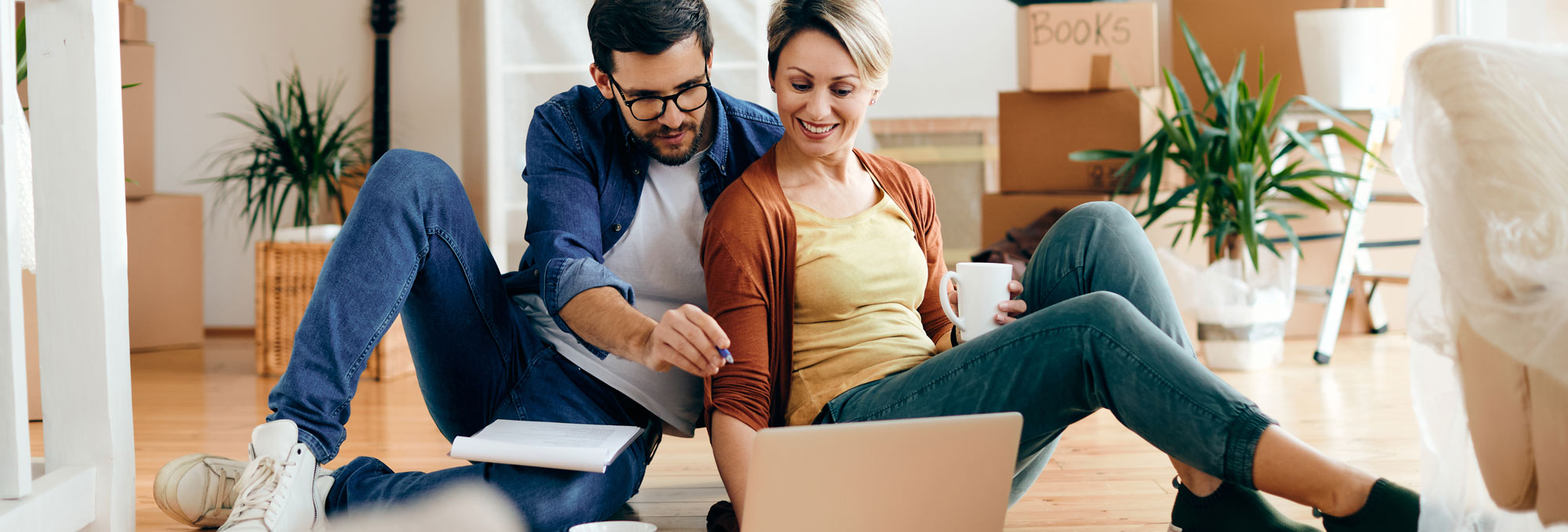First Time Home Buyers: How Much Will It Actually Cost?

As a first-time home buyer, it is important to understand all the costs associated with buying a new home. Sometimes new home buyers think that just paying their down payment is good enough.
There are other closing costs required when purchasing a new home that people often do not consider before they make this big decision. Later down the road, being presented with high bills you are not expecting to pay can sometimes come as a bit of a shock.
If you are in the process of buying a new home, it is important to do your research and get educated about all the necessary costs that come with buying a home.
Down Payment
Often people are not aware of how much they need to put in for their down payment. A minimum down payment of 5% is required, for homes that cost up to $500,000. If you are buying a house that is $350,000 the total down payment you will have to pay would be $17,500.
If the total cost of your house is more than $500,000 and less than $1 million, the minimum down payment is still 5%, but on the first $500,000 plus 10% of the remaining balance. For homes that cost more than $1 million, the minimum down payment required is 20%.
Even though the minimum requirement is only 5%, if your down payment is less than 20%, you will have to get mortgage default insurance, also known as CMHC insurance. This is provided by the Canada Mortgage and Housing Corporation (CMHC). This type of insurance protects lenders in case you stopped making payments. To avoid CMHC insurance, for a $350,000 home, you will have to put a down payment of $70,000.
As a first-time home buyer, you can be eligible for the Home Buyers’ Plan (HBP). This plan allows for you and your spouse or partner to each use up to a maximum of $25,000 from your Registered Retirement Savings Plan (RRSP), which can be used towards the down payment. This would be beneficial because you would not have to withdraw as much money upfront from your savings account and you would not have to pay any tax on the money withdrawn.
Within 15 years you will have to repay the total amount back to your RRSP. Repayment on your RRSP will start the second year after the withdrawal is made. For example, if you withdraw $10,000 from your RRSP to use towards your down payment, and make equal payments over 15 years, the repayment annually would be $666.
Land Transfer Tax, Lawyers’ Fees & GST
In Manitoba, the province keeps track of land titles through the Land Titles System. Close to the possession date of your home, you are required to pay a land transfer tax which will transfer the title of land over to you. Depending on how long away the possession date is, you have time to save up. The land transfer tax is calculated on the fair market value at the time when you are registered for a transfer of title on the property.
If the value of the property is between $150,001 to $200,000 the rate is 1.5%. On amounts greater than $200,000, the land transfer rate is 2.0%. For example, if you are buying a house for $350,000 the land transfer tax you will have to pay will be approximately $4,650. In addition, there is a small registration fee required to complete the transfer of the land title. You will also need a lawyer to complete all the legal documentation. Real estate legal fees average approximately $1,200.
Most builders include GST in the total price of the home, but it is important to confirm, otherwise, you will have to pay the GST upfront before possession day. The GST new housing rebate is offered to homeowners who have purchased a brand-new home from a builder. The home must be less than $450,000, and you must own the land or have a minimum 20-year lease with an option to buy, in order to qualify for the rebate. For first-time home buyers, you may also be eligible to claim a first-time home buyer’s tax credit. This credit is non-refundable and can only be used towards covering the taxes owed.
Home Insurance & Property Taxes
Along with all the legal fees, you will need to purchase home insurance to protect your investment from any damage to the outside or inside of your home. The financial institutions will often require some form of house insurance to protect themselves. To make payments easier, you can make monthly payments or you can add it to your monthly mortgage amount, so you do not have to pay one large amount annually.
Depending on what the insurance covers, costs can range from $500 to $1000 annually (approximately $40 – $85 per month). Make sure you do your research on finding a good insurance broker, or the financial institution you take your mortgage from will offer you house insurance.
Depending on the month you take possession of your new home, you will be required to pay property tax. Costs will vary depending on the price, size, and location of your property. For example, property taxes in Winnipeg are due in June. If you purchase a house in April, and the previous owner pre-paid until June, you will need to pay the previous owner for the months of April, May, and June.
Another method of paying property taxes is through the T.I.P.P. program. The yearly property tax value is divided into twelve monthly payments, so you do not have to pay a large sum upfront in June.
Costs of Home Ownership
Once all other fees are accounted for, you need to consider the costs required to move into your new house. If you are moving from another house, you might have to hire a moving company to transfer your belongings to your new house. Or maybe your family and friends can help you move, which will save you money on hiring a moving company.
Budgeting for monthly utility costs such as electricity, water, and heat sometimes gets forgotten, especially if you are used to renting an apartment or living in a condo where these costs are already covered in condo fees. Most newly built homes use energy-efficient building products which can help reduce the cost of utilities. Most of these utility costs will vary depending on the size of the home. You also must take into consideration the start-up costs of home internet and TV. Most providers will offer promotions to have these services set up.
After moving into your new home, you will learn that there is always something to buy. Some of these purchases can include new furniture, appliances, window coverings or blinds, paint, a security system, or even seasonal items such as a lawn mower and patio furniture. You will also want to add some personal touches with some home décor.
Buying a home involves upfront costs in addition to the down payment. Making a budget and putting extra money aside for these expenses will help make it easier when it comes to paying these costs in the end.
